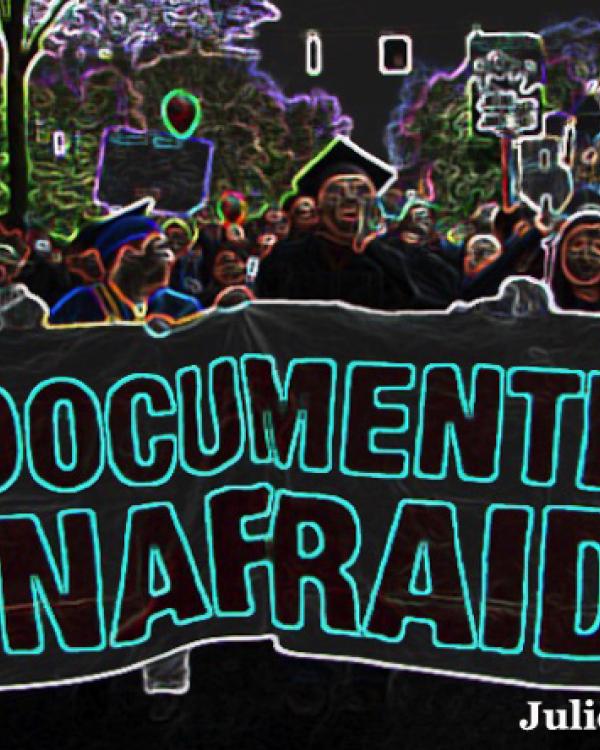
Sixteen million people—that’s the equivalent of four LAs—in the United States are part of mixed-status families. That means some members are U.S. citizens, while one or more are undocumented. Needless to say, the unequal status between family members causes tension, anxiety, and confusion over what services can and should be used. And while we often focus on generational issues in mixed-status families—since often parents are undocumented but their U.S.-born children are citizens—sometimes it’s the different status of siblings that causes family divisions.
That’s where CCSP doctoral student Ana Romero Morales has focused her work. “There’s been a lot of research on undocumented populations in education, in sociology, in legal studies, but there hasn’t been as much of a focus in mental health fields until now,” Morales says, pointing to a recent article in The Atlantic as one popular example slowly bucking the trend.
Morales is working on expanding her initial project that looked at nine students that were part of the Deferred Action for Childhood Arrivals (DACA) program that has been so much in the news given the Trump administration’s hostility to the Obama-era policy. Her subjects all identified as Mexican or Mexican-American and were all first generation college students. Her results found that mixed-status siblings dealt with issues around gratitude, closeness, and empowerment, with a wide range of emotions, from envy, jealousy, and resentment to empowerment and compassion. (Learn more about her thesis project by watching her Fast & Curious talk from February 2018, “Voices of Undocumented Siblings: Stories of Gratitude, Closeness, and Empowerment.”)
Her hope is to discover ways to provide better counseling for mixed-status families. She says, “Even in the literature, people do not realize siblings can be such an important relationship, something mental health professionals don’t tap into enough.” For her dissertation work, she plans to interview both siblings at the same time, and have them dialog. She also points out, “I did my other project in 2016 before the elections, so I am curious how the current political climate may impact sibling dynamics.”
Of course Morales has numerous ideas of how she’d like to see her research grow, to populations beyond those of Mexican heritage, to areas beyond the generally more liberal California, to studying the mental health cost for the whole family and not just siblings. She also admits, “Especially in university settings there are a lot of services for undocumented students.” For instance, UCSB has an Undocumented Student Services office, and GGSE faculty Andrés Consoli (Morales’s advisor) and Matt Quirk both are faculty mentors there. “It’s harder to reach out to students who are citizens and have undocumented siblings or family members, as it’s harder for them to come out.” But it’s work like hers that begins to aid understanding and make room for more compassion on campus and in counseling.